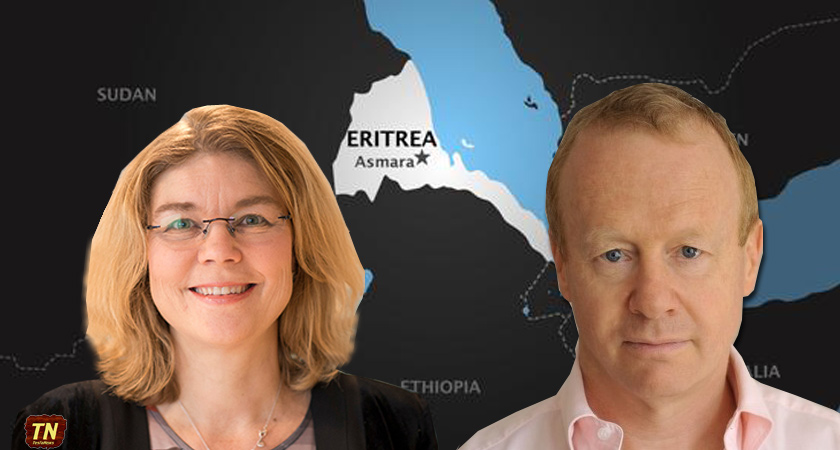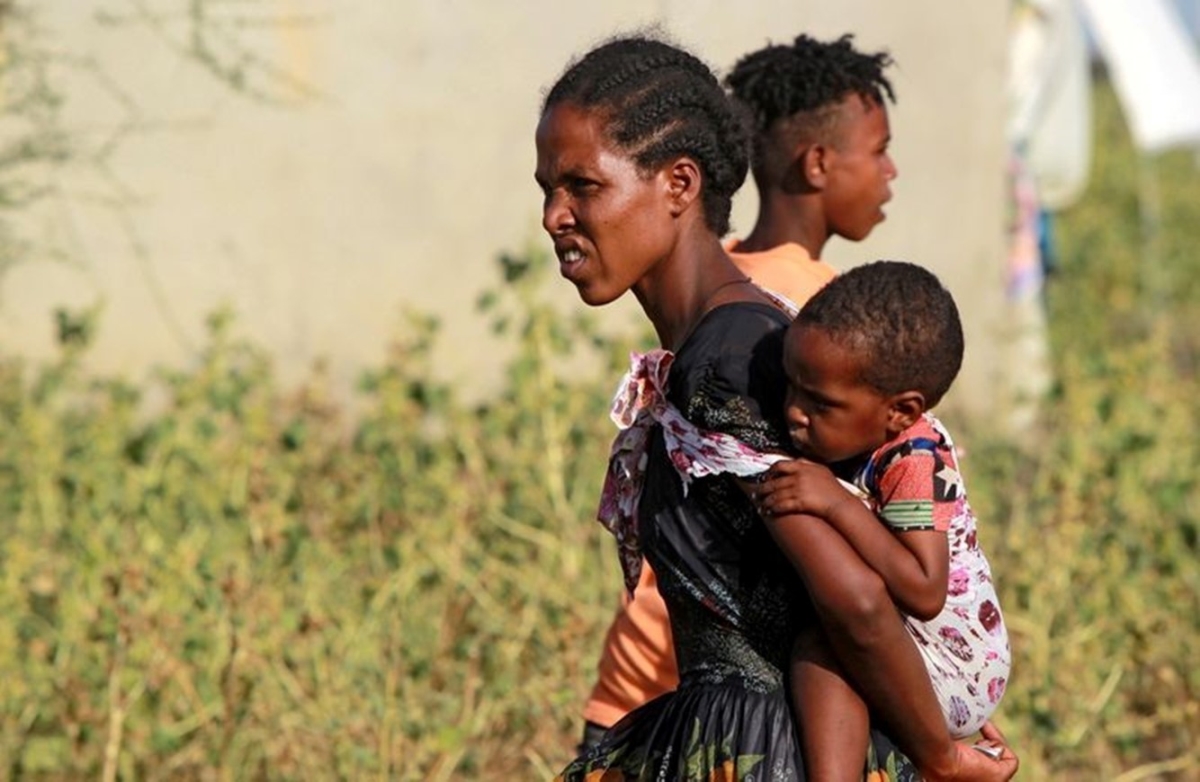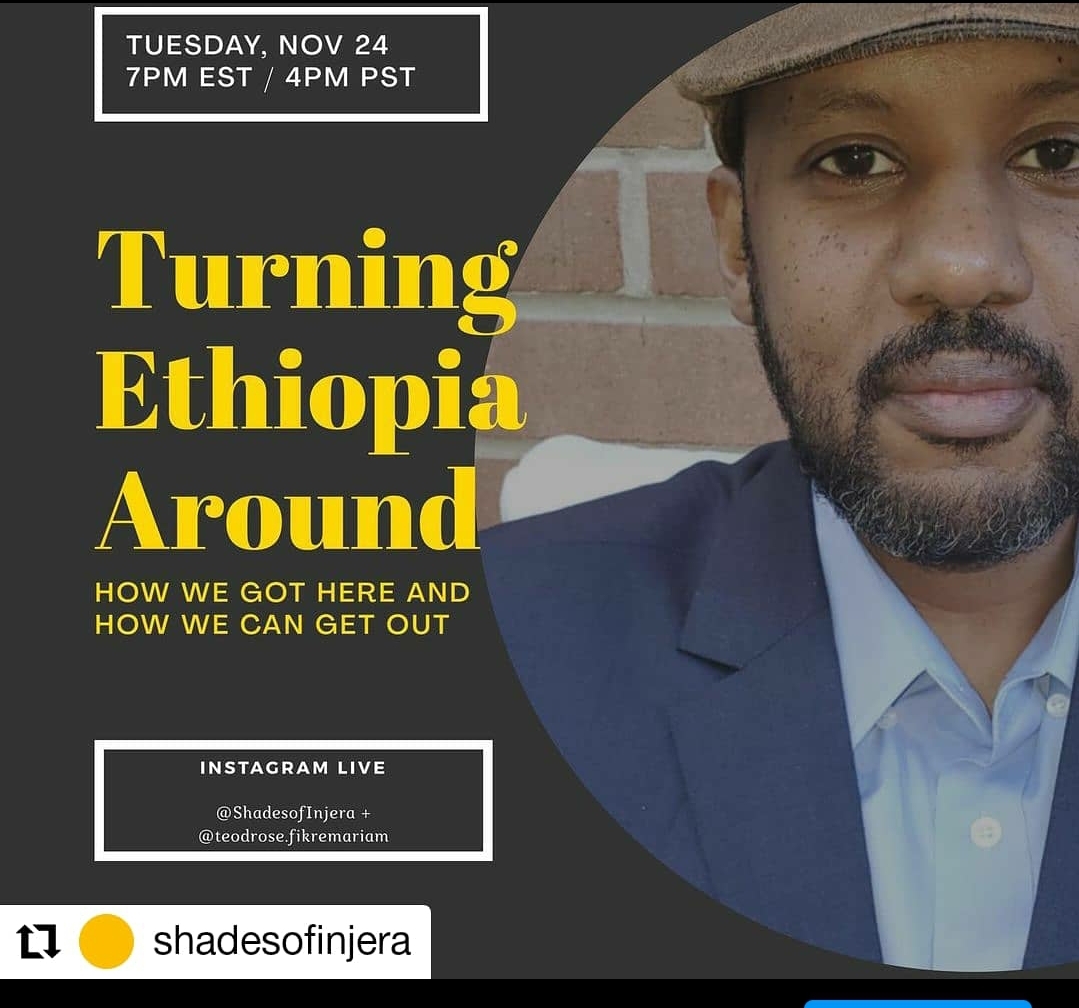
Imagine if I wrote an article about the Yellow Vest protestors in France and I quoted a professor from Kenya in the write up. Imagine if I was an anchor of a newscast and I had a segment about the conflict in Catalonia only to welcome an expert from Cameroon to present his views on that topic. Imagine if I hosted a TV show that covered the history of Irish people and I invited an analyst from Zimbabwe to offer insights on Ireland.
I know there are some who chuckled at the thought of these things; a reaction wrought by the caste system of race that has conditioned us to place value on complexion above the complexity of people’s ideas. However, mainstream media outlets have no problem giving platforms to professors, experts and analysts from Europe and America to examine current events and news related to Africa as they willfully disregard all but a few token voices from the countries they dissect. These are the vestiges of colonialism that lives on through patronization.
In theory, there should be no problem with the imagined scenarios I presented above; knowledge is not constrained by borders neither is understanding of a country the sole domain of those who live there. The problem is if I invite only non-native professional to assess the news and views of nations to the exclusion of those who reside there. The imagery is jarring; while Ethiopians, Kenyans, Nigerians and other nations throughout Africa are reduced to background props, pundits with lesser melamine are given spotlights to talk for us—this is nothing less than a vicious form of reductivism.
True. But did the U.S. government use bombs and artillery to dismantle Henry Ford’s car monopoly? https://t.co/LDnZrHUdUj
— Martin Plaut (@martinplaut) November 21, 2020
I had to contemplate for a while before writing this article; I wondered if I was feeding into the very same divides that I wrote against yesterday and whether or not I’m accepting the identity politics I reject. However, upon further thought, I came to the realization that seeking unity is not the same thing as preaching conformity. Whereas tribalism is one of the very worse traits of mankind, respecting the diversity of the multitude of heritages and cultures around the world is the highest elevation of humanity.
So it is with that thought in mind that I take this moment to highlight the malevolence of news outlets that insist on muting the voices of brown and “black” voices only to give megaphones to “white” pundits. It’s a mix of agenda setting and intellectual laziness; mainstream media is driven as much by hidden intentions as it is by profit motives—edifying the public is an asterisk at the bottom of their mission statements. There is of course a reason why I keep using quote marks around these labels that humanity has been branded with. [bctt tweet=”These so called “experts” who are given stages on TV shows and newspapers are not there to be a voice of calm and reason; to the contrary they sow division and sectarianism under the guise of intellectualism.” username=”teodrosefikre”]
I studied mass communications during my undergrad pursuits with a special fondness for journalism. I know full well that reporters are sent out with stories framed for them by editors, who are influenced by sponsors, and then seek voices to fill in the blanks. What is done in Africa is done in America and beyond too, the intelligentsia undermine social order by catering to one tribe over another and inciting emotions for the sake of click-bait. The only way to be invited into this insider club is to be divisive as hell; how many people who speak of unity and the need for solidarity that transcend the social divides do you see being featured in mainstream media?
The few “people of color” who are accepted into the ivory towers of mainstream media and whose voices are amplified are those who inflame passions and peddle identity-based grievances. Parenthetically, I detest the term “people of color”, if I refuse to be called “colored person”, why then accept the same label with the words moved around? But I digress, the only brown voices who get RSVPs from mainstream media are tribal hustlers who leverage the pains of the people they supposedly speak for in order sell books and get looks from the mass-audiences they covet. They feign to be fighting for a change while concurrently getting enriched by the very system they pretend to be against—such is the audacity of avidity.
In Ethiopia, tribal hustlers from every corner of the country have been elevated from obscurity and made famous by virtue of their hateful rhetoric. Jawar Mohammed and Awol Allo come to mind; both of them spew toxic and racist diatribes as they vilify Amharas and stoke ethnocentrism in order to garner a large following from their respective tribes. There trying to follow in their footsteps are hatemongers from all ethnic groups as they condition Ethiopians to think ethnicity first and to blame anyone else who is not in their clan. The chaos and violence that is breaking out all over Ethiopia is a direct outcome of carnival barkers like Jawar and Awol. The same thing happens in America; spiteful ideologues from all sides are pushing America closer and closer to the same fate that has befallen my birthland.
The status quo is maintained by dividing and distracting the masses; in this way, mainstream media is there not so much to inform the public as it is to blind us by stirring our passions. There is a reason why mainstream media has an approval rating that is abysmally low—they have the likeability factor of Covid-19. Yet, as much as we are turned off by their antics and as much as we are repulsed by their yellow press shenanigans, we nonetheless keep consuming that which is poisoning us. Even when we vehemently disagree with an article or a news segment, we share it to rail against it, which is exactly how they like it. After all, in the age where click and eyeballs translates to profits, bad publicity is as sought after as a golden reputation.
You know how to stop toxic people from giving you indigestion and eventually render them irrelevant? Stop consuming their poison and inhaling their noxious offerings. Ignoring charlatans is better than fighting them only to amplify their message::
— Teodrose Fikremariam (@TeodroseFikre) November 19, 2020
It is up to us, the huddled masses and the marginalized majority around the world, to stop patronizing that which is hurting us. By marginalized majority, I am referring to the plurality of humanity around the world, unconstrained by the labels and borders that segregate us, who are being fleeced in order to enrich the few. If we are not getting our needs met by mainstream media, turn off the TV and find voices on the internet who are actually stimulating your minds instead of manipulating your emotions.
This requires a little effort; social media corporations are utilizing algorithms and suppression to severely limit the reach of independent journalists and outlets like this one. So you have to bookmark websites, subscribe to podcasts and sign up for email lists of the outlets you think need to be heard. Moreover, instead of pushing the empty calories of mainstream media on Facebook and Twitter, propagate and promote non-aligned writers, podcasters, and creators whom you believe contribute in a positive way to the public discourse.
As to the professionals who work in mainstream media, let me end this article with this olive branch. I know most of you are good and decent people; I understand the pressure that comes with your job. Those who don’t toe company lines soon find their feet mired in quicksand. But I humbly ask you to push back; there is strength in numbers, your voices can either propel humanity forward or you can pull us back into the second coming of the Dark Ages. Be less muck and be more muckrakers, I know the idealism that moved you to become journalists is still there—find it. There is no weapon on earth as powerful as the media; for the sake of humanity, use your voices deliberately and choose your words carefully.
“I fear three newspapers more than a hundred thousand bayonets.” ~ Napoleon Bonaparte
If you want to know a bit more about the current crisis in Ethiopia, here is my take on it, you know, someone who is actually Ethiopian and knows the nuances of the land where I was born.



